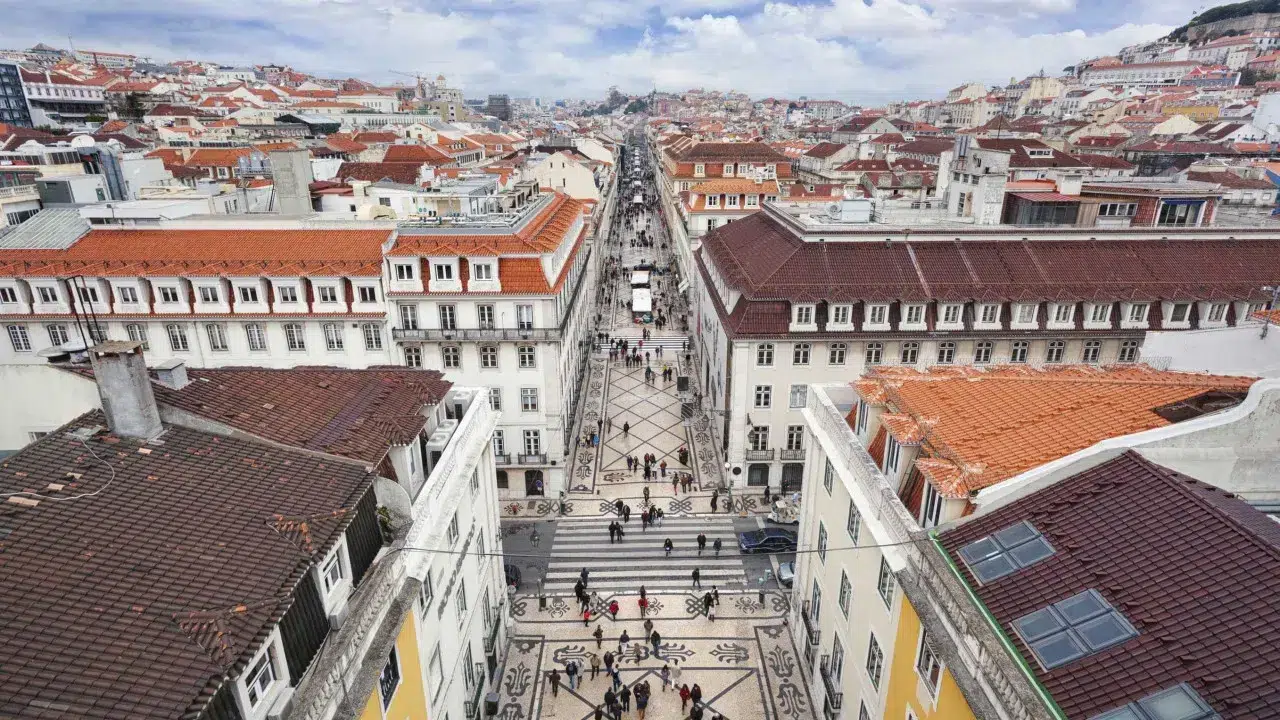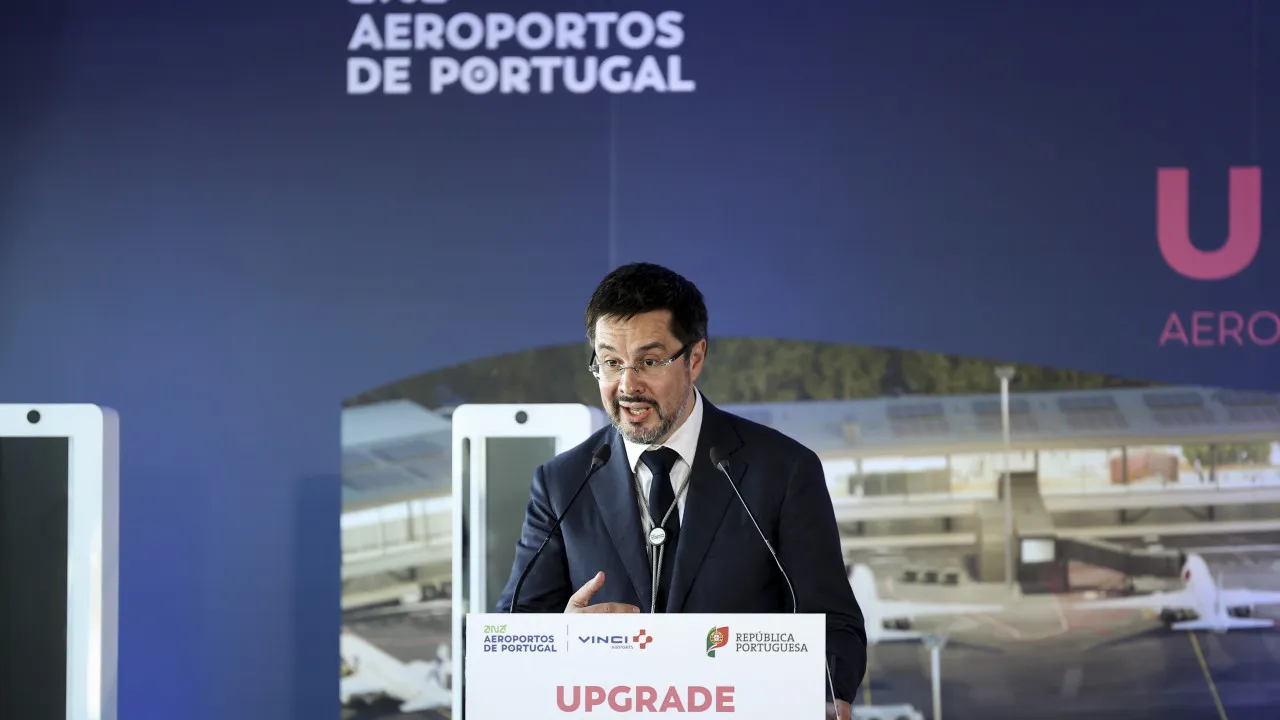
For three days, experts from various fields gathered at the Archi Summit architectural event at the Unicorn Factory in Beato. The event aimed to reflect on the major urban transformation challenges and propose concrete measures to tackle the effects of climate change.
The architecture firm hori-zonte, specializing in sustainable design and a Portuguese finalist for the “Building of the Year 2025” awards by the international platform ArchDaily, formed a working group with 12 experts to advance concrete proposals.
The conclusions from the meeting, which ended today, highlighted a clear consensus among the experts: “The problem is not a lack of plans but their limited implementation. There is a need for political audacity, clear responsibilities, effective budgeting, and citizen involvement.”
Among the proposals with multiple scales and targets set for 2030/2050, the experts advocate the reorganization of Lisbon into “emerging, systemic, and heritage zones, focusing on strategic territories like Chelas, Marvila and the Eastern zone, Ajuda, and the riverside area.”
The construction of buildings is also proposed as “ecological infrastructures, which retain water, generate energy, offer thermal comfort, and promote interaction with public spaces.”
Implementing ‘sponge city’ solutions to enhance urban infiltration capacity and reuse treated wastewater, along with the renaturalization of urban spaces with more native vegetation and green coverage combined with natural ventilation systems, is another suggested measure.
The experts also advocate for municipal master plans to include “more localized, agile, scalable, and experimental projects and urban plans, testing solutions at the neighborhood scale,” by using European funds to “develop urban prototypes in public spaces.”
Additionally, the creation of a School of the City is recommended as a permanent space for training, dialogue, and coordination among technicians, decision-makers, and citizens, to promote “shared management of green spaces, with local population involvement in their maintenance and appropriation.”
The debate also identified entrenched societal issues such as “car dependency, scarcity of urban vegetation, poor ventilation in certain city areas, and lack of institutional continuity.”
“The climate urgency demands solutions that integrate scales, disciplines, and robust public policies,” the experts consider.
The experts remind that Lisbon is one of the national geographic areas most susceptible to heatwave effects — areas where temperatures are higher than surrounding ones, typically due to the concentration of structures with higher thermal retention capacity.
Despite “steps taken by the municipality, some in anticipation,” the note recalls, Lisbon is, according to the European Environment Agency, the 11th European capital with the least tree coverage, and “temperature decreases by an average of 1°C for every 50 extra square meters of vegetation coverage.”
“The city of Lisbon also has a very uneven thermal map, with several urban heat islands manifesting cyclically, with average differences between 2°C and 3°C, but in some places, reaching differences of 11°C compared to reference values (at the airport’s weather station),” it is noted.
According to architect Diogo Lopes Teixeira, co-founder of the hori-zonte firm, the initiative reflects how their collective “views the practice: collaborative, critical, and committed to the transformation of the territory.”
“Only with a truly multidisciplinary approach is it possible to design a more regenerative and resilient urban future,” he stated.




